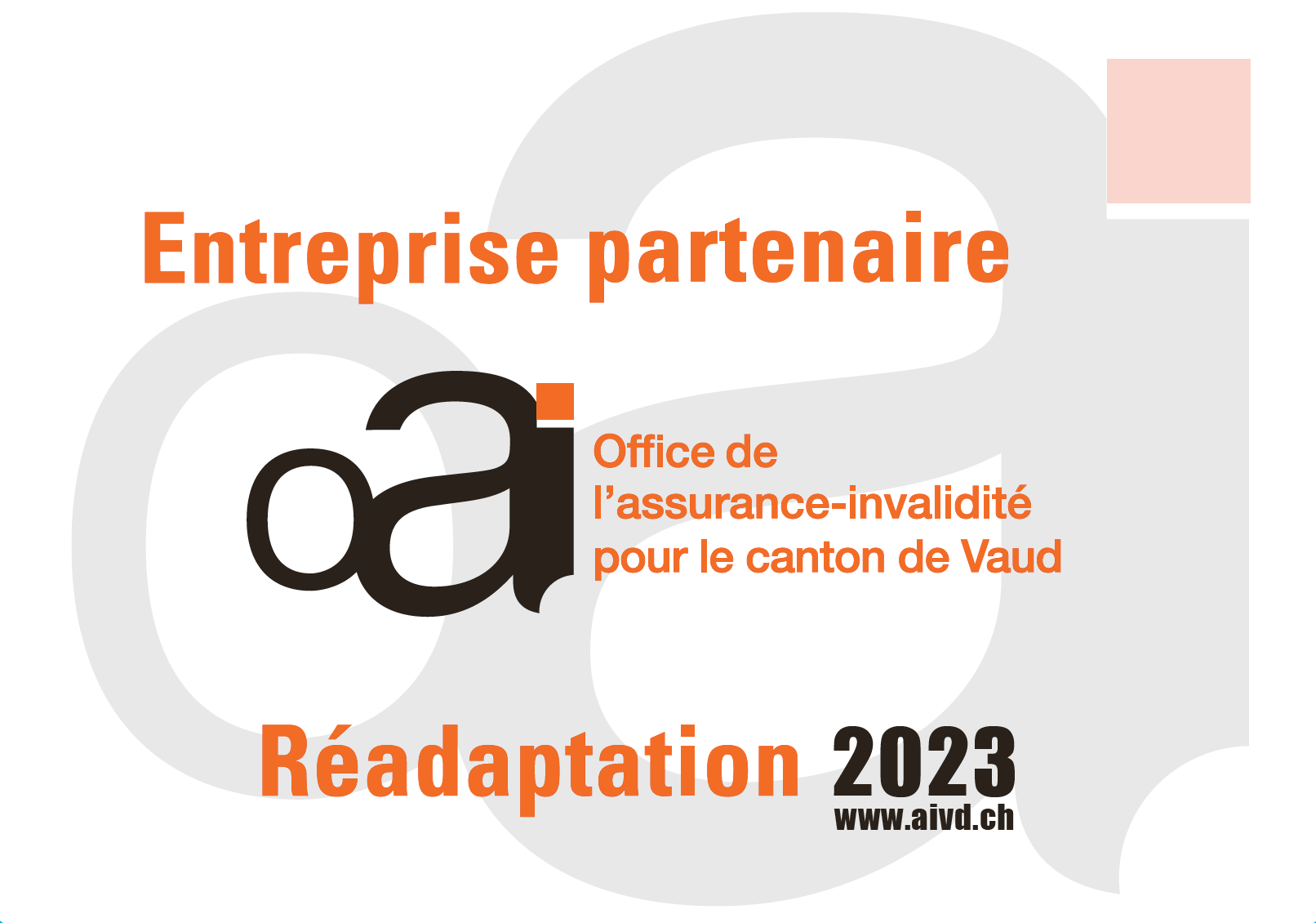I’ve recently been approached by a client to see if I was interested in joining a webinar session to talk about how we approach uncertainty. He is heavily involved in the delivery of a training program to an eloquence of lawyers about dealing with uncertainty; how to approach it, tips and tricks and insights into behavioral economics. This got me thinking about how we ‘actually’ deal with uncertainty and what are the pitfalls of investing.
I often hear of tales of investor woes. People investing in the stock market, being burnt, and the experience framing their future expectations of investing. We all have that friend or colleague who invested high and sold low; who took a seat on the rollercoaster ride of market volatility, hated every second and pulled the emergency rip cord. Yes, most survive (albeit with less money). But the scars are real. Behavioral Economics 1.01.
As soon as people I meet find out I manage money for a living, the most common question I get asked is ‘where do I invest my money?’ ‘Give me a tip for getting a good return’. To me this is the essence of why people fail with their investments and a question I will never answer unless in jest – ‘The 3.10 at Ascot looks a sure thing!’
I liken the scenario to asking a doctor ‘what’s wrong with me?’ The doctor can never know without asking further questions: diagnostics of the symptoms, and an answer will materialize.
When it comes to investing, some people lose the ability to think logically and strategically. They ignore their own symptoms and forget to ask the main question – Why am I investing? What is the purpose of my investment? Without knowing these two vital points, managing the uncertainty of investing is impossible.
We have to acknowledge uncertainty. It exists. We don’t know exactly what is going to happen in the world tomorrow, next year or in a decade from now. When we think of managing money, there are many unknowns we need to consider. I would split these into two categories:
Personal Life (Subjective) and The Economy (Objective)
In our lives we will all face some certainties, death and taxes are two of the most common. Retirement, if we’re still alive of course. Some unknowns we are better at predicting than others – but others we know could exist (the bank of Mum & Dad – Keeping kids liquid since forever…). Planning for these life events and thinking about the uncertainties are key. We all know how we want life to progress but it very rarely goes to plan. If we plan for uncertainty, we are more adaptable to change and we can avoid having to sell that start up stock we bought 10 years ago that might be worth millions one day (think amazon).
By organizing your money in line with separate goals, you can build clearer objectives for any investment. You need to think about liquidity for events not just in the short term but in the midterm too – disinvesting from an asset because you need liquidity can be tough and you may sell at the wrong time.
The longer the time frame of investment, the higher the risk you can afford to take. The shorter the time frame – what are you trying to achieve? Ask yourself, what is your capacity to invest – Can you afford to? Or can you afford not to? Finding the balance to these questions will stand you in good stead to navigate the investment waters ahead.
We are all aware that the economy is a different life form. It reacts to events in ways that will keep economists in well paid jobs for millennia. Some try and profit from uncertainty in the economy, they gamble on what is going to happen in the world based on their own experience and understanding of the way the world works. The closer their own expectations to the reality, the more profitable people can be. However, this is simply gambling; it is the biggest pitfall of investing for the masses. Very few people ‘win’ on short terms bets in the economy.
The economy provides us the framework for how we earn, save and invest our money. Our understanding of it and our ability to navigate it determines how successful we are with money. We know from academic studies that asset allocation determines both the risk and return dynamics of a portfolio of investments. Diversifying and ensuring the objectives of the investment are understood are so important to achieving the goal of the investment.
So how do we manage uncertainty? We PLAN. We REVIEW. We REACT. And we do it ALL THE TIME.







